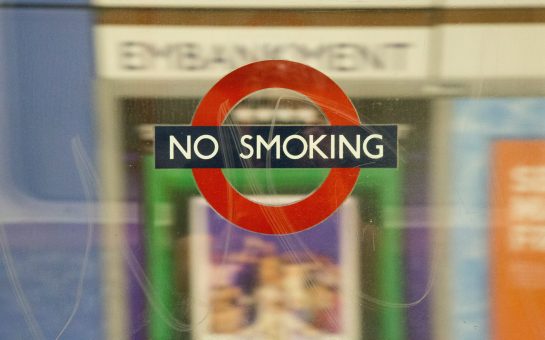More than two thirds of long Covid sufferers in the UK have had to work less due to the effects of the condition, a survey has revealed.
According to the survey, 98% of the 2.1 million long Covid sufferers in the UK have seen their abilities at work affected by the condition, with 24% of them stopping work altogether and the rest either “dragging themselves to work” or working less.
Charlotte Mingley, an artist and illustrator from Newark, has been suffering from a wide variety of long Covid symptoms for two years and had to completely change her work habits in order to prioritize her health.
She said: “I decided to quit all commissions two months ago and focus solely on my health and making work meaningful to me, at my own pace, and to sell online.
“I have lost most of my income and depend entirely on my husband’s income. I want to work and I believe I will be able to again. Hopefully soon. But the focus is on my health and mental well being for now.”
John Silverman, a freelance worker in education and administration in Belfast, had a similar experience because of his own symptoms.
He said: “I am working less than half time and I had to stop another standing and active role for now.”
The survey also reveals that 49% of long Covid sufferers feel like they can’t request support at work because their employer “doesn’t understand their illness”.
For the health director at John’s workplace, anxiety was behind the symptoms affecting his heart.
John said: “I was downplaying symptoms though, as I wanted to continue to work, but in a different way. An occupational health doctor from work mocked me for masking too and told me his office was a ‘Covid free zone’.
“I cannot work as much and I should possibly be resting instead, but I am worried about the cost of my medical care and about being unable to pay the power bills without work.”
Unable to find the support he needed in charities and healthcare centres, John turned to Twitter, where discussions of Covid and long Covid are still prevalent.
He said: “My GP was completely out of their depth and a heart charity I contacted was helpful at first but they were not well versed in long Covid.
“The best advice I received was from experts on Twitter. If it weren’t for them, I would be so lonely and lost.”
These online communities also aim to debunk critics who refuse to recognise long Covid as an existing condition or minimise its effects while many sufferers had to cut back their working hours or change jobs.
Charlotte, who actively contributes to these Twitter communities, came across a few negative comments in her posts on long Covid and how it affected her professional activities.
She said: “I found it very hurtful and it made me take breaks from social media because it frightened me how angry or unkind people could be. As I became more ill, I started blocking them as their comments weren’t helpful to the rest of the groups.”
The names of the interviewees have been modified upon their request.




